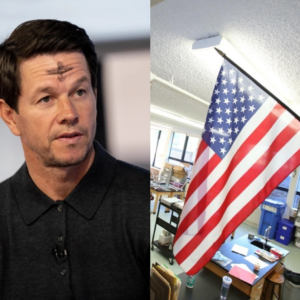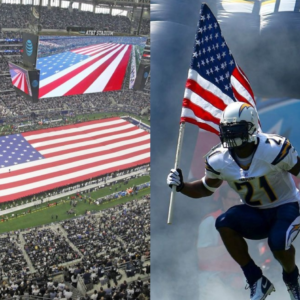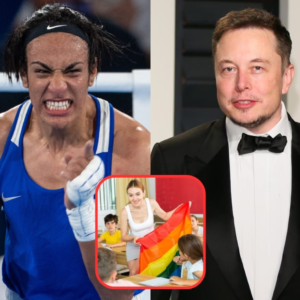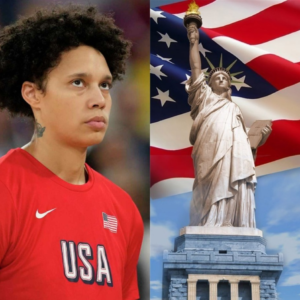In a surprising and controversial move, Major League Soccer (MLS) has announced that Pride flags will be banned from all stadiums during the 2025 FIFA Club World Cup. This decision, which has sparked heated debates across the sports world, has raised concerns over inclusivity, LGBTQ+ rights, and the relationship between sports and social issues.

A Bold Statement from MLS
The 2025 FIFA Club World Cup, set to take place in various MLS stadiums across the United States, will be the first World Cup tournament in the country since the historic announcement that the U.S. would host the global event. The decision to ban Pride flags has taken many by surprise, particularly given MLS’s reputation for its progressive stance on LGBTQ+ issues in recent years.
The league, which has often been at the forefront of inclusivity in sports, especially with its annual Pride Month initiatives, is now facing backlash for what critics see as a step backward. The Pride flag, long a symbol of LGBTQ+ rights and acceptance, has become a standard feature in sports stadiums worldwide, signaling solidarity with the LGBTQ+ community.
The Controversy Unfolds
The news broke during an official statement released by MLS earlier this week, stating that “the FIFA Club World Cup’s regulations will not allow the display of any political or symbolic gestures” inside stadiums. While FIFA’s official stance has always been one of neutrality on political matters, the move has left many questioning whether the league is trying to avoid the potential for controversy during the international tournament.
“Sports should unite people, not divide them,” MLS Commissioner Don Garber said in a press release. “We respect the values that the Pride flag represents, but this tournament is about celebrating football on a global scale. We want all fans to enjoy the event without distraction.”
However, this justification has done little to calm the storm that has erupted online. Social media platforms, LGBTQ+ advocacy groups, and even athletes themselves have weighed in on the decision, with many arguing that it represents a significant step back in the fight for equality in sports.
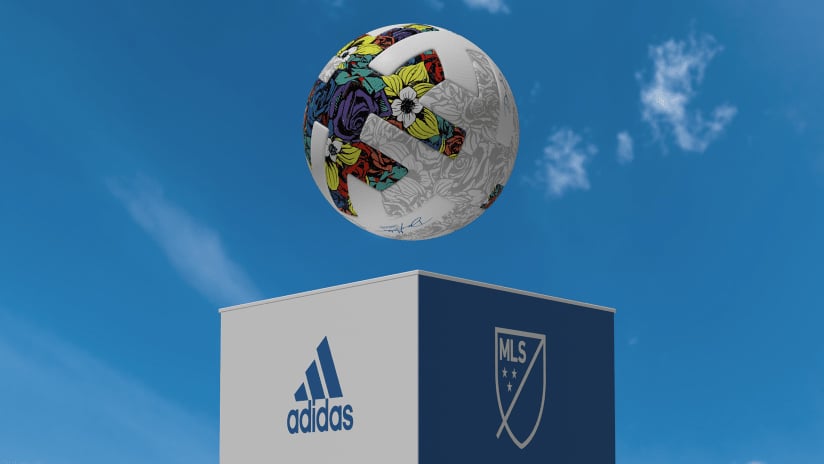
Reactions from the LGBTQ+ Community
LGBTQ+ advocates have expressed their disappointment and anger over the decision, calling it a move that undermines years of progress in the fight for inclusion. Many point out that the ban sends a dangerous message to the LGBTQ+ community, particularly to those who have used the Pride flag as a way to show support and visibility.
“We can’t allow corporate sports leagues to erase our existence for the sake of avoiding ‘controversy,’” said Sarah McBride, a well-known LGBTQ+ activist. “This decision is a slap in the face to millions of fans who have used sports as a platform to fight for equality.”
In response to the ban, LGBTQ+ groups have vowed to organize protests and awareness campaigns both inside and outside stadiums, urging fans to wear Pride colors and use alternative methods to show their support.
Impact on the Tournament
The 2025 FIFA Club World Cup is set to bring together the biggest names in football, including club champions from across the globe. The absence of Pride flags could influence the atmosphere of the event, as many LGBTQ+ fans and advocates have expressed their intention to boycott the games or participate in protests.
Some fans have even raised the possibility of organizing alternative celebrations for Pride, such as hosting Pride-themed tailgates and events around the stadiums, in order to counteract the ban and make a statement of their own.
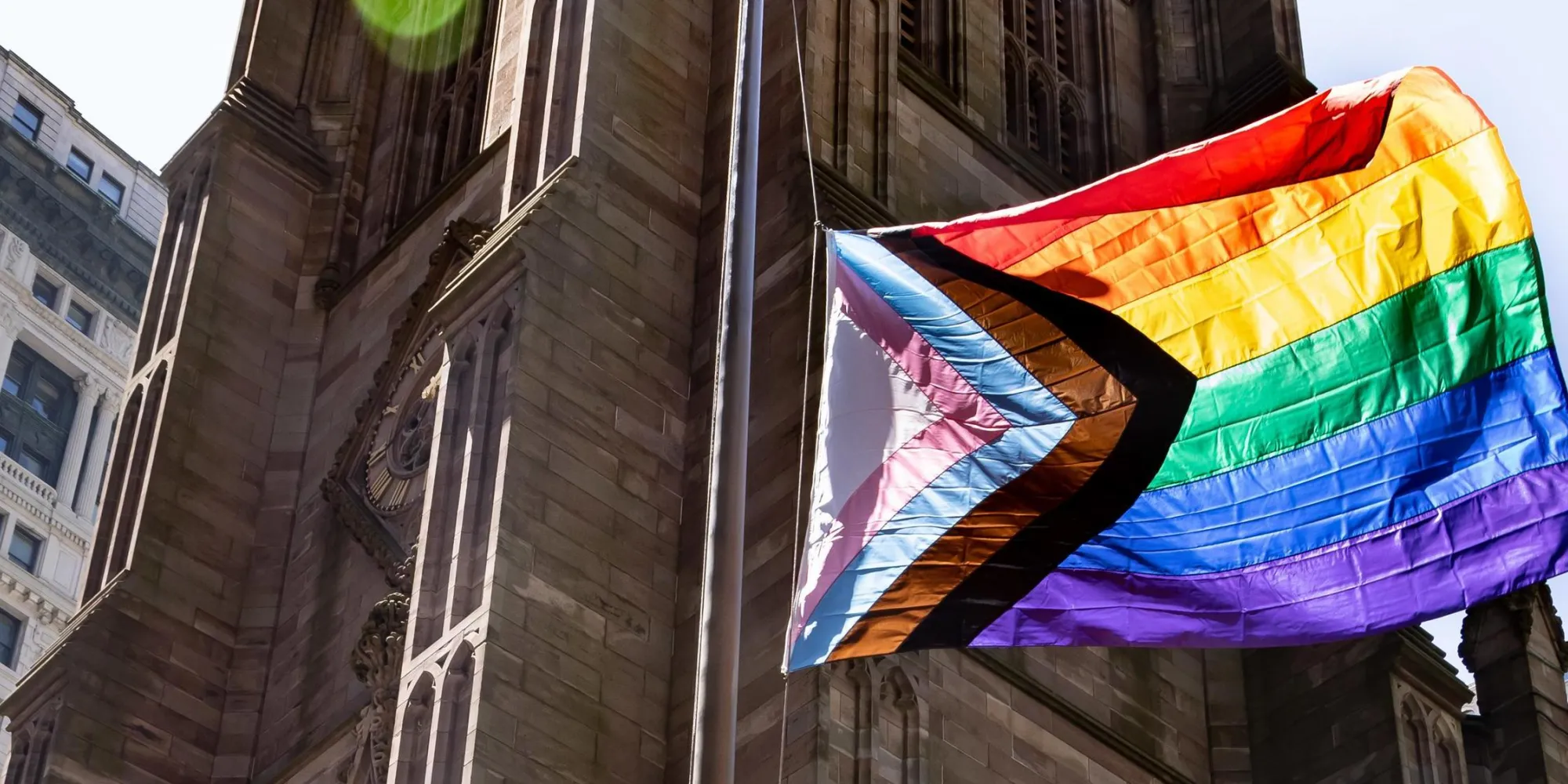
A Bigger Debate on Sports and Politics
The decision to ban Pride flags at the 2025 FIFA Club World Cup is only the latest in a series of controversies regarding sports and politics. Over the past decade, athletes and leagues have increasingly used their platforms to speak out on social issues, from racial justice to gender equality. This has led to growing tension between sports organizations, fans, and activists, all of whom have differing views on how politics should intersect with sports.
As we move closer to the 2025 tournament, the eyes of the world will be on MLS and FIFA to see how they navigate this delicate balance. With the Pride flag ban continuing to fuel controversy, it’s clear that the debate surrounding sports and social justice is far from over.
The 2025 FIFA Club World Cup is shaping up to be more than just a football tournament—it is quickly becoming a battleground for one of the most important issues in modern sports: the intersection of politics, identity, and inclusivity in global sporting events.
Only time will tell if this decision will change the landscape of how sports leagues engage with social causes in the future, or if it will ignite further divisions between athletes, organizations, and the communities they serve.


